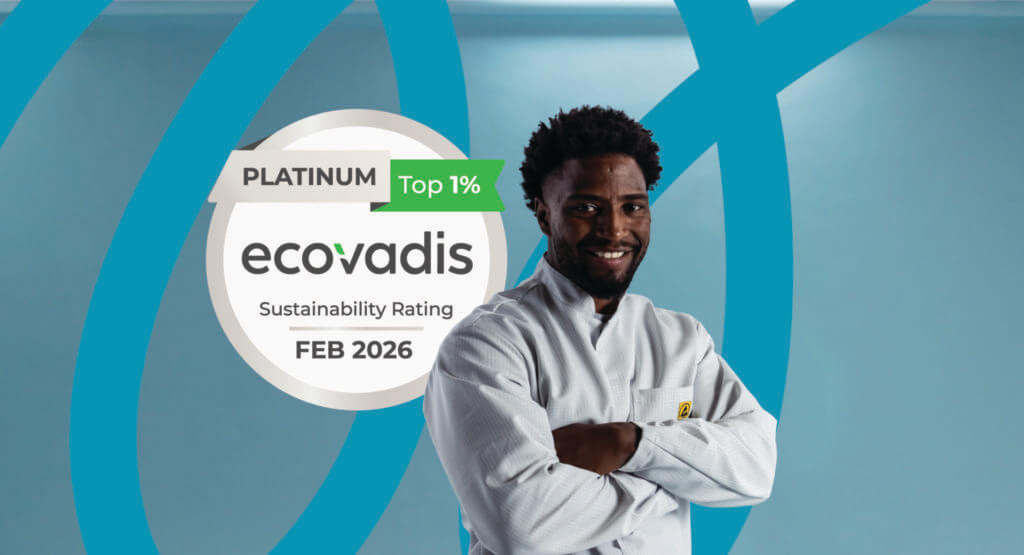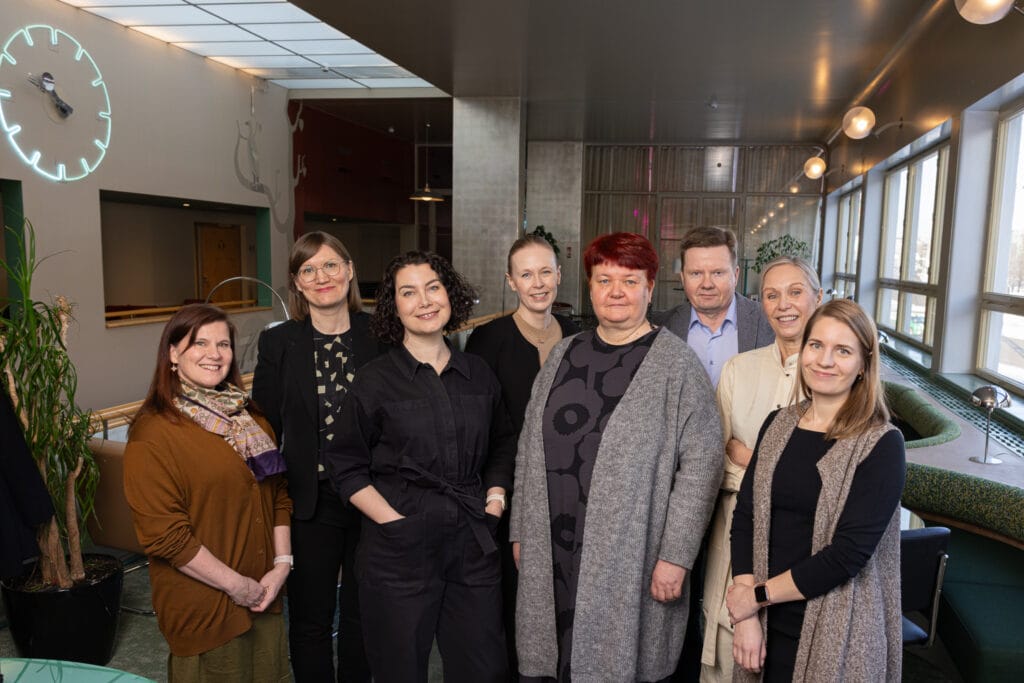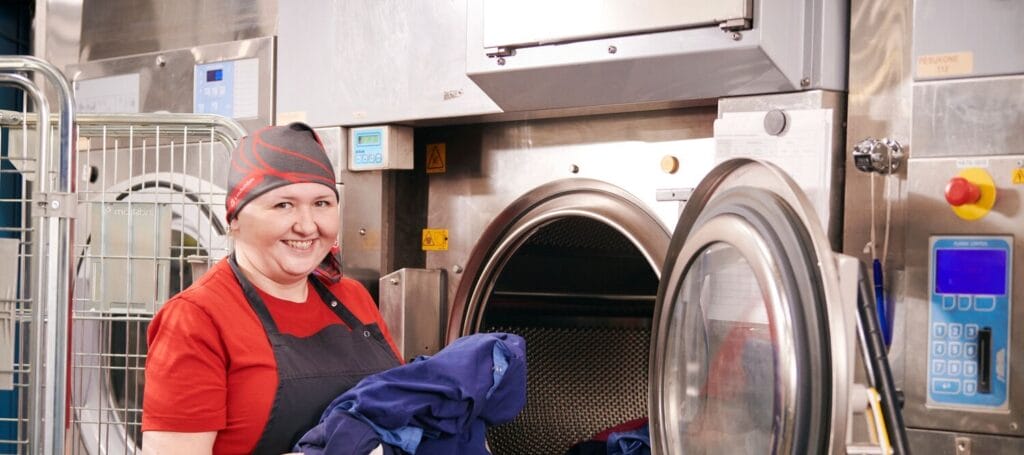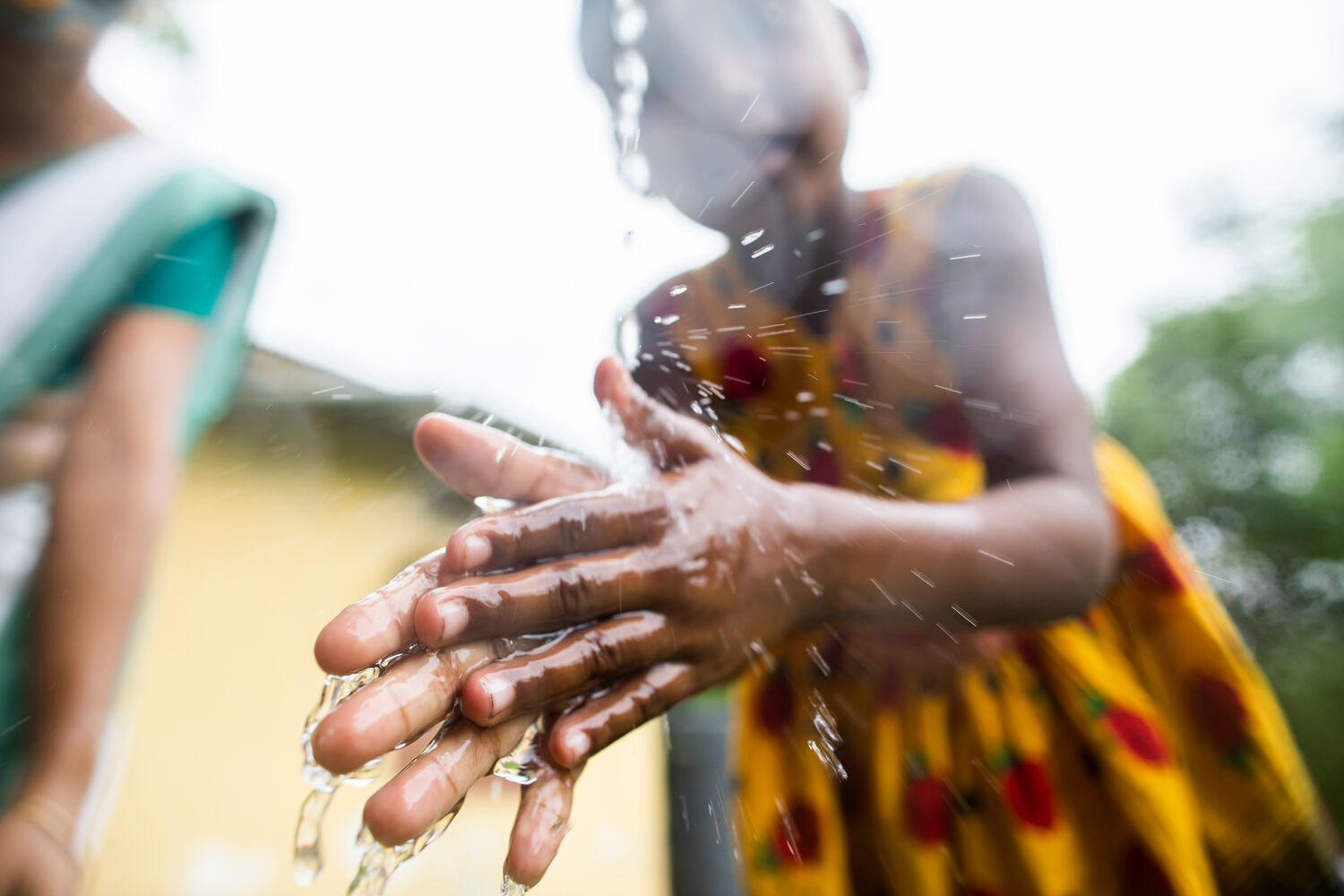
Empowering women in India
Since the start of its operations in India in 2007, Lindström has collaborated with UNICEF to ensure clean water and sanitation for all, nationwide. Ensuring clean water is also a gender equality topic in the country, where menstruation can still limit girls’ participation in daily life and thereby limits their future opportunities unreasonably.
In many parts of India, girls are forbidden, for example, to socialise with their friends, sleep in their own beds, go to school or cook during their periods. This all results from a common belief that the blood released during menstruation is impure and everyday activities are restricted as a result. The taboo of menstruation also means that many girls aren’t learning about menstrual hygiene at home or in school. Apart from being unhealthy and unfair, these restrictions reinforce gender inequity and exclusion – further disempowering women and girls.
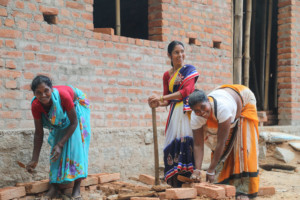
Enabling women to join the workforce
A UNICEF study found that Jharkhand in India is one of the areas where misconceptions about menstruation are widespread. The majority of the girls living in the area reported that their mothers impose restrictions on them while they have their periods. They also lacked information on the importance of washing menstrual cloths.
Luckily, these beliefs and behaviours are starting to change. Believe it or not, this change starts by training women to build and construct toilets. UNICEF has been helping the state to become free of open defecation and has already trained 55,000 female toilet builders. Most of these women belonged to marginalised communities, and now that they are participating in economic activities through toilet construction, they are empowered to sustain their families without being dependents. Now, these empowered women are using their economic freedom to lift up the next generation of girls.
After women are trained to be toilet builders, some of them see it as important to raise awareness of menstrual health. They have weekly discussions in their societies, and they train parents in the community about using absorbents and sanitary clothes. They also work to dispel myths about periods and encourage girls to go to school and work, even during their periods.
“I am not only a proud rani mistri (toilet builder) but also an active contributor to shaping a healthy future for my daughter and women in society. If they have access to toilets, and information on good health and hygiene practices, they will be able to lead healthier lives,” says 28-year-old Raimuni from Jharkhand. Gildli, 45, was able to use her toilet construction training to advance her daughters’ opportunities. The new source of income she gained by building toilets allowed her to support her children’s education. “Previously, I could never imagine educating my seven children with a subsistence living. Earnings from constructing toilets has helped me support my daughter in pursuing her postgraduate studies,” says Gildli.
Overcoming the stigma of menstruation
The state of Jharkhand has not only been able to train 55,000 women to become toilet builders, but has also invested in menstrual hygiene management counseling in schools. This is all done to overcome the stigma of menstruation by helping adolescent girls and peers. UNICEF is now supporting the government in its state-level menstrual hygiene management road map to help reach Sustainable Development Goal 5 – achieving gender equality and the empowerment of women and girls.
For over a decade, Lindström has been supporting UNICEF’s Water, Sanitation and Hygiene (WASH) work in India. Every child has a right to clean and safe water, sanitation and health. The partnership has shown that long-term collaboration can make a difference. By supporting a nationwide UNICEF WASH programme, Lindström has been part of a large-scale change for millions of children in India. That is the power of cooperation, for the greater good.
Source: UNICEF Finland, India WASH Report 2019.



